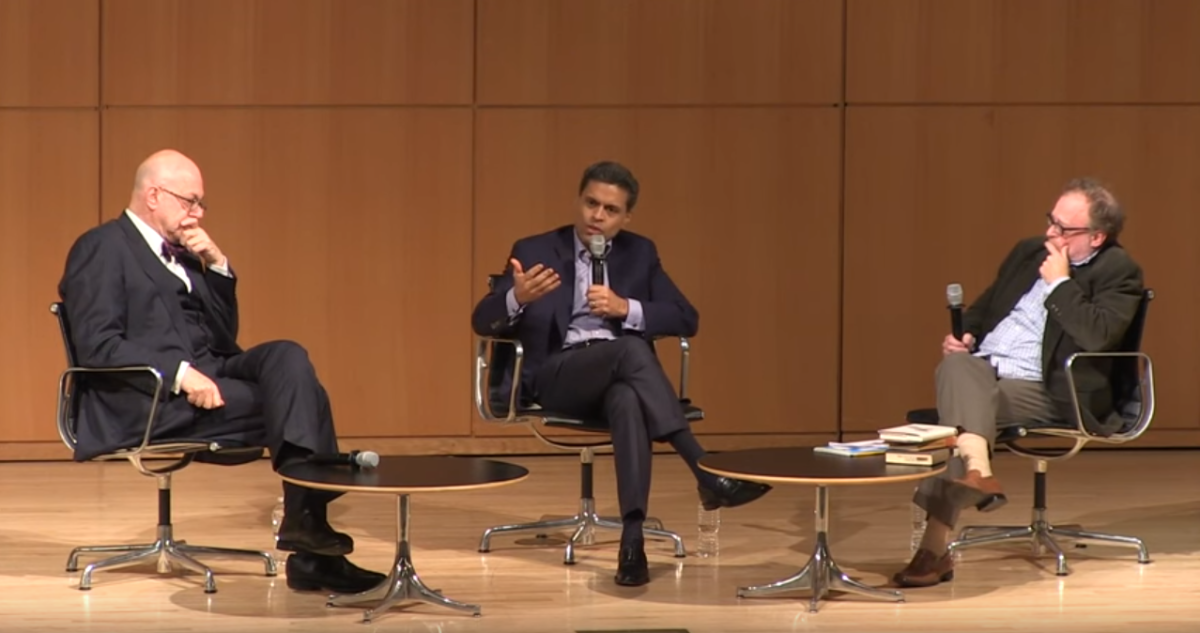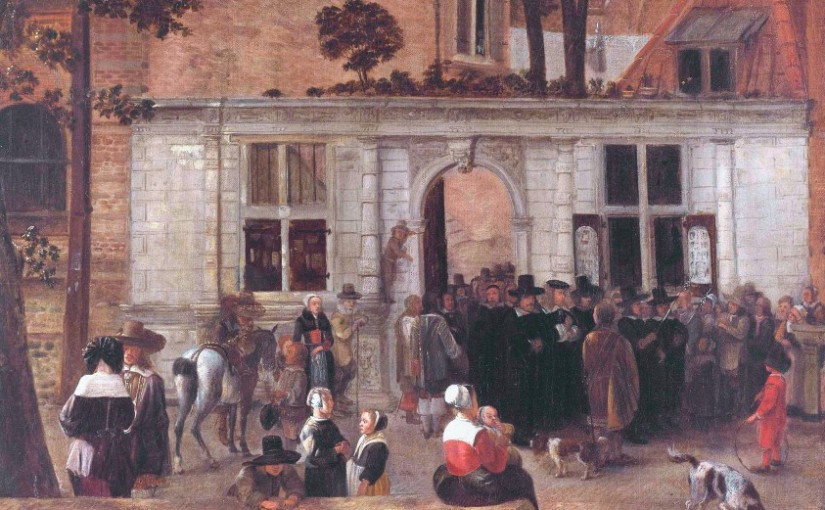New 3QuarksDaily-column:
For better or worse, Dutch 20th-century postwar literature comes with a canon of three authors: Gerard Reve, Harry Mulisch, and W.F. Hermans. There, you learned something today. Other than this factoid, however, this post is not going to be a lecture about the landscape of Dutch literature, or even the literary qualities of these authors. I am introducing them because I am going to use two of them, and one in particular, to illustrate a point about discourse involving the landscape of science – that is, the distinction between the sciences and humanities.
The notion of a separation between the sciences and humanities usually revolves (again, for better or worse) around C.P. Snow’s famous Rede lecture. In this lecture, Snow tentatively suggests that what he calls the ‘scientific culture’ is probably more left-wing than the ‘literary culture’, as well as more progressive (scientists “have the future in their bones”). In his time, he saw his technocratic ideals represented best by the Labour party, to which he served as scientific advisor. In the 1970s, however, Snow (as chronicled by historian Guy Ortolano)[1] would drift away from the Labour party, and express himself in increasingly negative terms about all the nonsense one had to put up with as a liberal these days. Before his death in 1980, he expressed his sympathy for neo-conservative ideas.
More here



